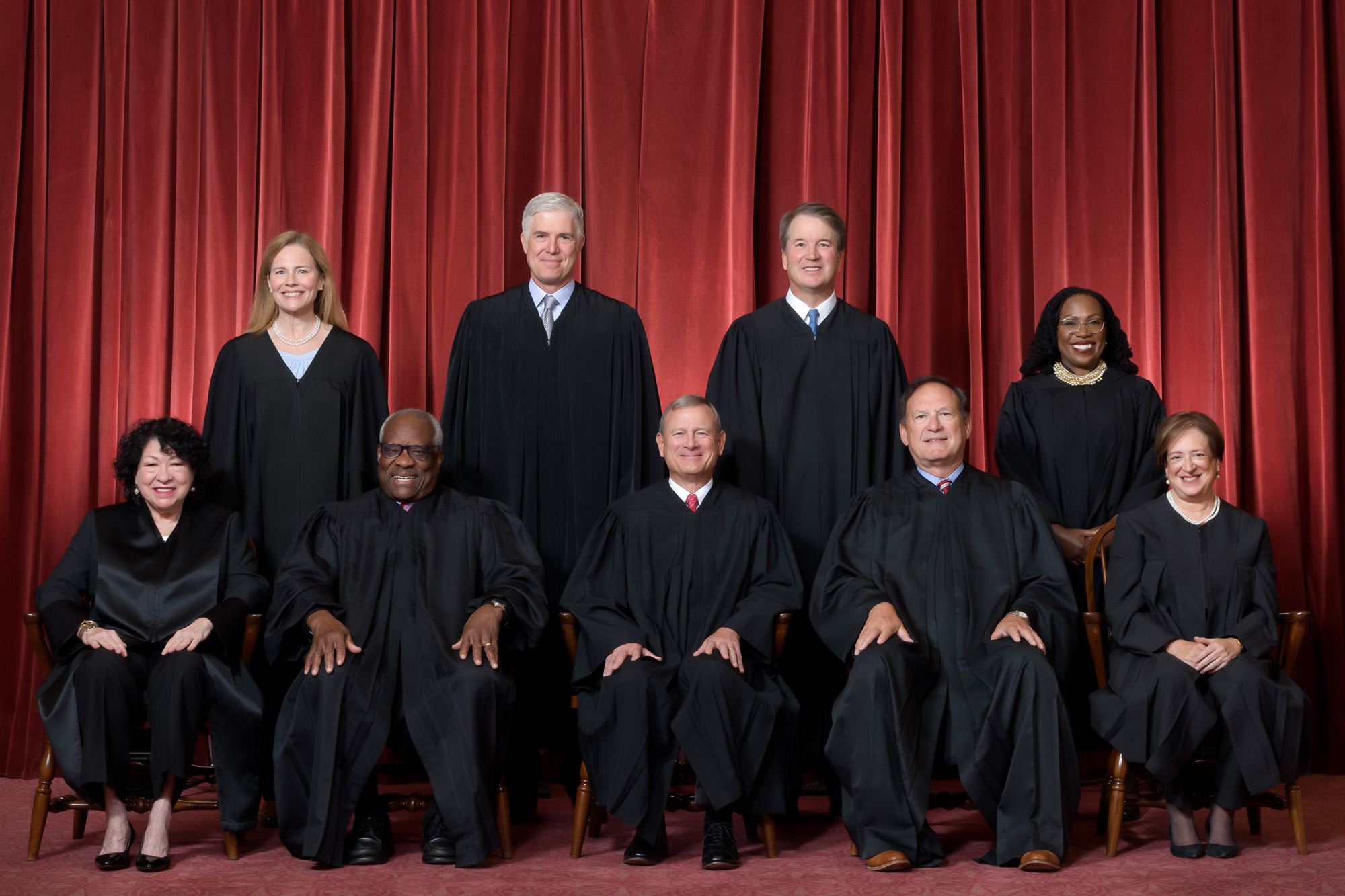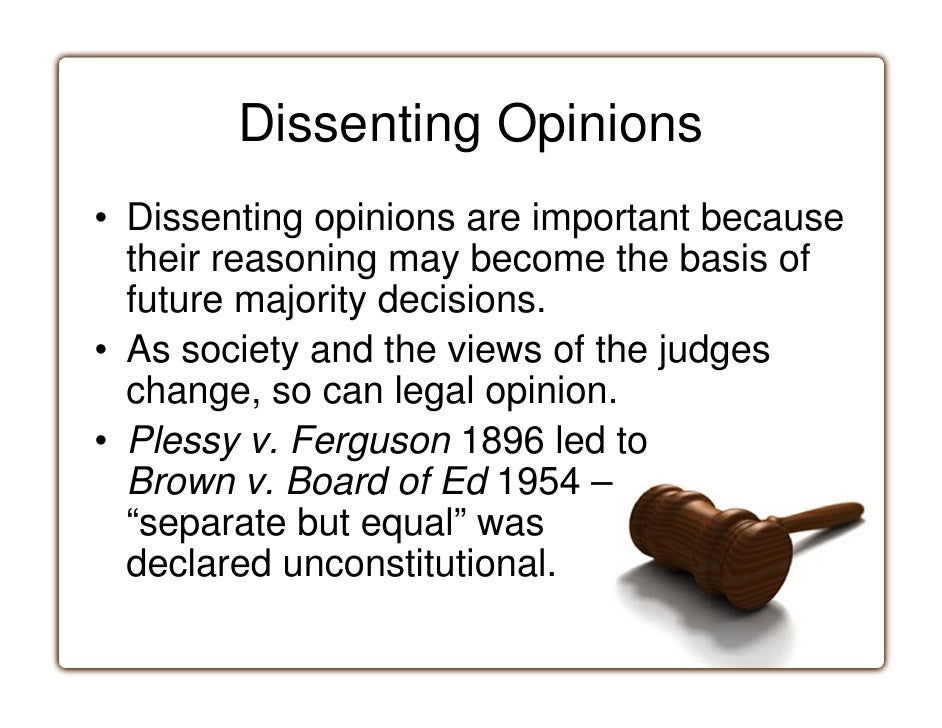Justice Hugo Black, a legendary figure in the annals of American law, was renowned for his stalwart support for First Amendment freedoms and his unwavering adherence to the original meaning and intent of the Constitution. Throughout his illustrious career, he often found himself in the minority, penning dissenting opinions that boldly defended his unique interpretation of the law. In this article, we will delve into the reasons why Justice Black so staunchly supported the dissenting opinion.

Image: supremecourthistory.org
One of the primary motivations behind Justice Black’s unwavering support for the dissenting opinion was his deep-seated belief in the importance of individual liberty. He firmly held that the Constitution was designed to protect the rights of individuals from encroachment by the government. In his view, the majority opinion often favored the interests of the state over those of the individual, leading him to dissent in cases where he believed fundamental freedoms were being compromised.
Preserving Original Meaning of the Constitution
Justice Black’s unwavering adherence to the original meaning of the Constitution guided his approach to dissenting opinions. He believed that the intent of the framers should be the paramount consideration in interpreting the law. In his view, the majority often strayed from the true meaning of the Constitution, leading him to vehemently challenge their conclusions in his dissents.
Protecting Freedom of Speech
Justice Black’s dissents were particularly ardent in cases involving freedom of speech. He believed that the First Amendment should be given the broadest possible interpretation to protect all forms of expression, regardless of how offensive or unpopular they may be. In his famous dissent in Beauharnais v. Illinois (1952), he argued that the state could not criminalize speech simply because it provoked hostility or unrest.
Defending the Rights of the Accused
Justice Black was also a staunch defender of the rights of the accused. He believed that the accused should be given every opportunity to present their case in court and that the government should adhere to strict procedural safeguards to ensure a fair trial. In his dissent in Bruton v. United States (1968), he argued that the use of a co-defendant’s confession in a joint trial violated the confrontation clause of the Sixth Amendment.

Image: www.slideshare.net
How Does Justice Black Support The Dissenting Opinion
https://youtube.com/watch?v=TUa6T0fbcug
Checks and Balances
Justice Black believed that the dissenting opinion played a crucial role in the system of checks and balances. He saw dissents as a way to hold the majority accountable and to ensure that the Court’s decisions were well-reasoned and consistent with the principles of the Constitution. Dissenting opinions have the capacity to shape public opinion and legal precedent even when they do not immediately change the outcome of a case.
In conclusion, Justice Hugo Black’s unflinching support for the dissenting opinion stemmed from his unwavering belief in individual liberty, his adherence to the original meaning of the Constitution, his defense of freedom of speech, his protection of the rights of the accused, and his commitment to ensuring the system of checks and balances within the American legal system.

